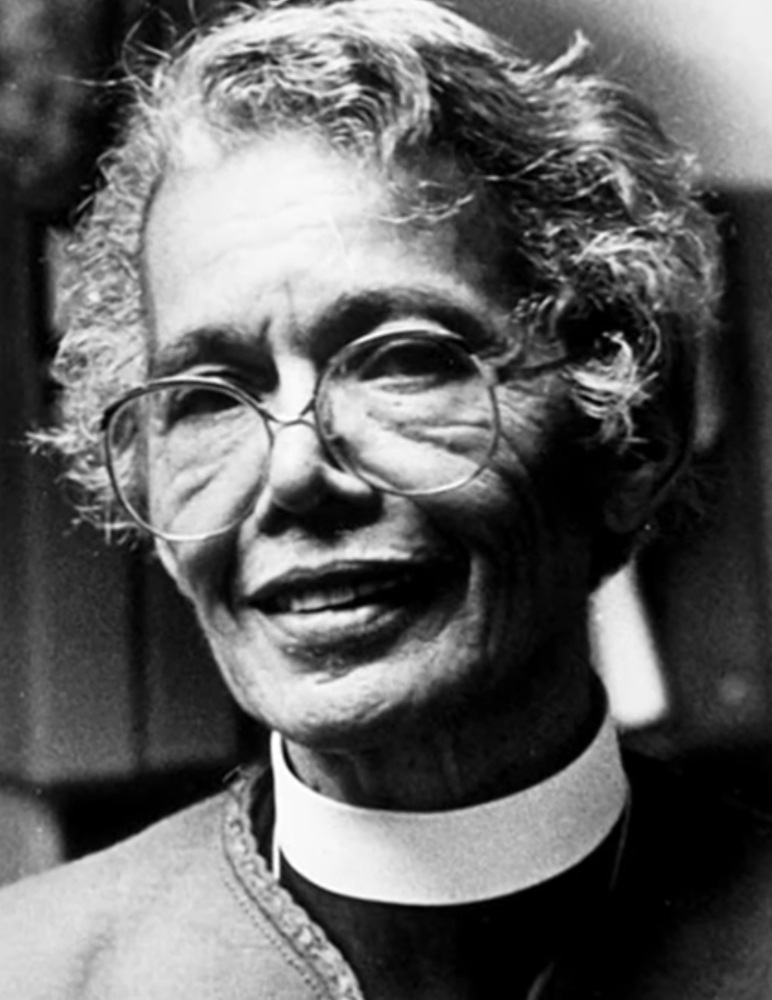Facts about Pauli Murray
Pauli Murray Biography
Pauli Murray was a feminist and pioneering civil rights lawyer and, later in life, the first African-American woman ordained as priest in the Protestant Episcopal Church.
Orphaned at a young age, Murray was raised by relatives in North Carolina. She headed for New York after a stellar high school career and earned a degree from Hunter College in 1933 (she was top of her class and the only woman).
Despite being an excellent and outgoing student, many post-graduate programs were closed to her. She was denied entry to the University of North Carolina because she was black, and denied entry to Harvard University because she was a woman.
Even as a student Murray led sit-ins and protests against racial segregation — what she called “Jane Crow” laws because they discriminated against blacks and women both.
Murray had a graduate degree in law from U.C. Berkeley, and a Doctor of Jurisprudence degree from Yale Law School (their first woman graduate, in 1965). She worked in the Attorney General’s office in California after passing the bar, but was nationally involved in breaking down barriers for blacks and women.
Murray served on President’s Commission on the Status of Women Committee under John F. Kennedy from 1961 to 1963, and was among the founders of the National Organization of Women in 1966.
In the 1970s she left the academic world for theology school, and in 1977 Murray became the first African-American woman ordained by the Episcopal church. She was forced to retire in 1982 because of her age.
During her life, Murray published poems, a history of her grandparents, an autobiography and many legal papers. She also associated with the likes of Eleanor Roosevelt, Langston Hughes, Thurgood Marshall and James Baldwin.
Extra credit
Briefly married to a man (it was annulled), Pauli Murray was said to have had romantic relationships with women and to have passed as a young man at times in her life. In the 1930s she sought testosterone treatment unsuccessfully… Despite her ancestor being an original trustee of the University of North Carolina, she was denied entry because of her race… Even a letter from Harvard alum and President of the United States Franklin D. Roosevelt could not get her into Harvard’s graduate programs because women were not allowed.

